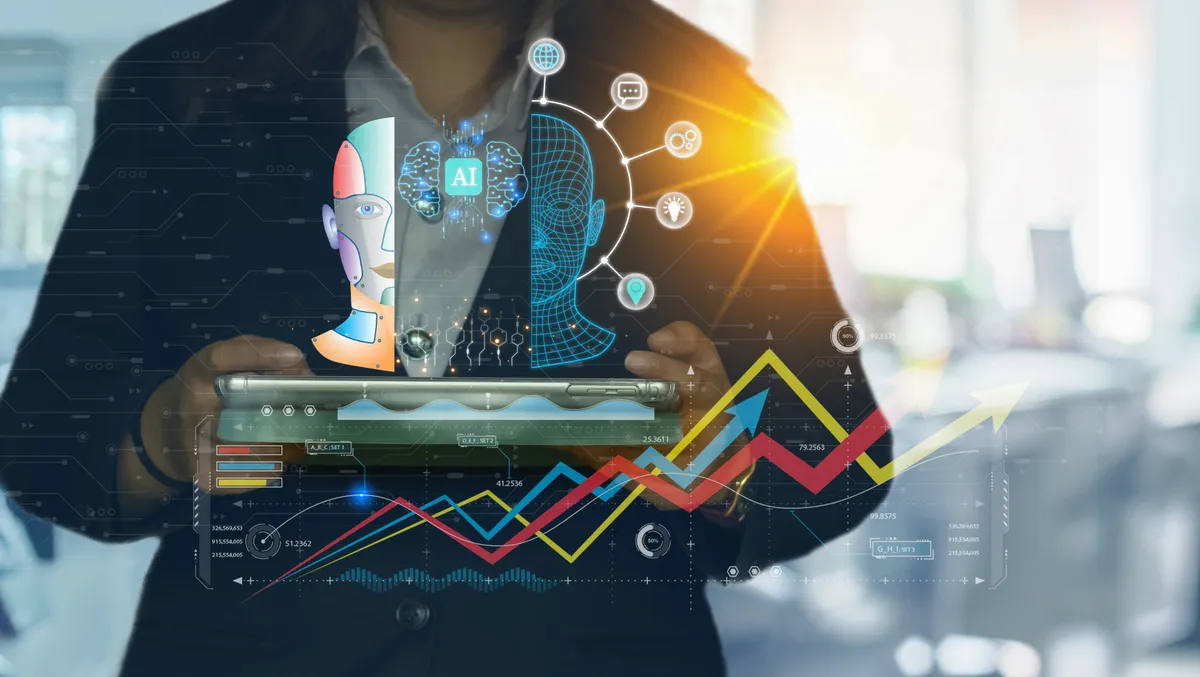
Advertising agencies in the US will automate 7.5% of jobs by 2030: Forrester
A new report from Forrester, Agency AI-Powered Workforce Forecast, 2030 (US), reveals that, by 2030, US advertising agencies and related services companies will lose 32,000 jobs to automation, which is about 7.5% of the total agency workforce. While creative problem-solving roles will thrive, process-oriented roles will shrink due to the influence of automation, machine learning, and generative AI.
Additional key findings from this report include that, by 2030, generative AI will account for nearly a third of automated advertising jobs.
According to Forrester, 56% of US B2C CMOs have already used generative AI in marketing, and another 40% are exploring use cases to do so. Agency jobs most at risk from generative AI include clerical roles (34% of job losses), sales and connected roles (20% of job losses), and market research and connected roles (19% of job losses). In the US, the agency share of jobs in management, public relations, creative roles, market research, software (including web and digital interface designers), and data science will grow. In contrast, clerical, sales, finance, administrative and labour-intensive jobs will decline.
Generative AI will increase the productivity of higher-wage skill sets in US agencies. Job roles like editors and writers with a higher generative AI influence are harder to automate. These roles are more likely to utilize generative AI technology to automate mundane tasks and increase productivity. As a result, Forrester predicts a pending inversion of agency workforce composition, from less costly junior talent matched to senior managers to high-paid creator skill sets paired with generative AI assistants.
The more creative and "original" the agency role, the less likely it will be replaced by automation. Forrester finds that originality is the most significant factor that lowers a job's automation potential. When "intelligent creativity," a marketing approach that combines creative problem-solving with AI technologies, is deployed, agencies can help make marketing smarter, develop campaigns faster, and make creators more valuable.
"The meteoric rise of generative AI marks both a beginning and ending for marketing creativity as we know it. Large language models such as Bard, ChatGPT, DALL·E, Midjourney, or Stable Diffusion are blessings and burdens. These technologies bring tremendous computing power, speed, and scale to the human act of creativity and ideation," says Jay Pattisall, VP, Principal Analyst at Forrester.
"When AI machine intelligence is paired with creator intuition, the result is image generators and large language models that support taste, reason, and creativity. For example, Kraft Heinz prompted DALL·E to create representations of ketchup, which creative agency Rethink used in an advertising campaign for the company's Heinz 57 ketchup brand. The campaign idea 'Draw ketchup' was conceived by human creators and had been executed in previous iterations. But now, with the power of image generation, the idea took on a new form, significance, and scale."
"Generative AI technology acts like an assistant, aiding creative teams with idea generation, content development, and evaluation. It is also adding scale and speed to creative quality," he concludes.


